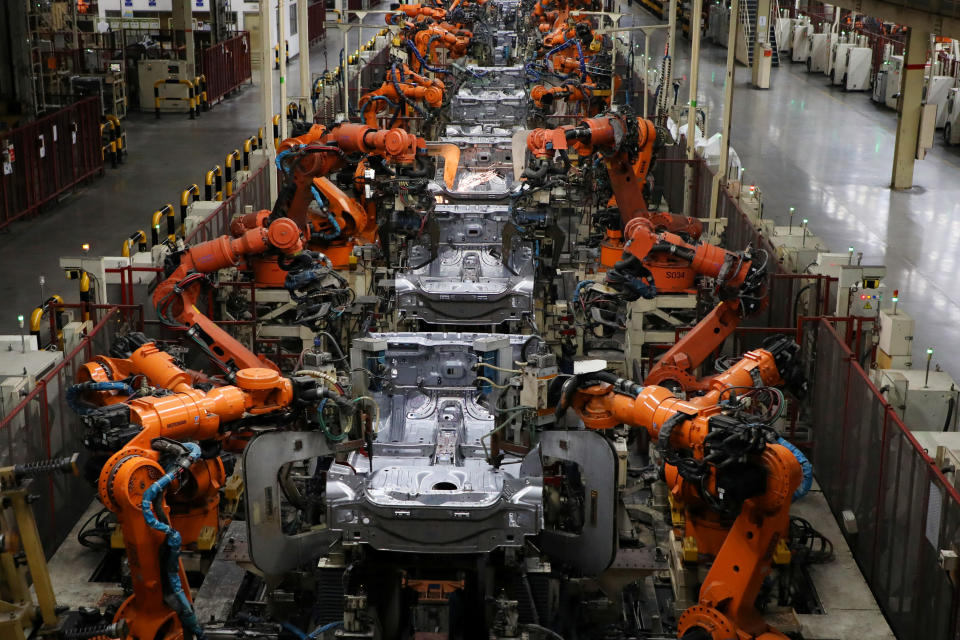Survey: Capitalism 'doing more harm than good,' and technology is 'out of control'
Most people believe that modern day capitalism "does more harm than good in the world," according to a new survey.
The closely-followed 20th annual Edelman Trust Barometer — an annual survey of 34,000 people across 28 countries that measures the public's trust in NGOs, business, government, and media — underscored how a strong global economy and a booming stock market have failed to completely allay the public’s worries about their own economic prospects.
Edelman released the survey timed to the 50th annual World Economic Forum in Davos, Switzerland. This year’s forum centers around the idea of stakeholder capitalism, proclaiming that a company’s purpose goes beyond generating wealth and instead should be measured by its environmental, social, and good governance objectives.
According to Edelman, 56% of respondents question capitalism as it exists today. The survey also found that 78% of respondents agreed with the statement that "regular people struggle just to pay their bills as elites get richer than they deserve.”
A whopping 83% also indicated concerns about losing their jobs for various reasons like a weak economy, lack of job security, automation, or a lack of skills. Meanwhile, 62% felt work technology was “out of control,” and technological change was happening too quickly.
Elsewhere, this year's barometer showed a growing trust inequality amongst countries. Interestingly, the wealthiest nations are among those seeing the most considerable decline in trust among its NGOs, business, government, and media.
According to the survey, in the U.S., where the per capita income is $65,111, 47% leaned toward “distrust,” versus 44% just five years ago. In China, where the per capita income is $10,098, 82% of respondents chose "trust," versus 63% in 2015.
Survey echoes growing disenchantment

The public's current sentiment on capitalism has soured, with the Edelman data echoing other surveys showing a loss of trust in free markets and free trade.
The data coincide with a broader conversation among several prominent business leaders — including Salesforce co-CEO Marc Benioff and Bridgewater Associates founder Ray Dalio — calling for the current capitalist model to be more fair and inclusive.
In addition, the Business Roundtable signed a letter last year that moved away from the idea of shareholder primacy — and redefined the purpose of a corporation as one that should serve all stakeholders, from its customers, employees, suppliers, communities, and shareholders.
The survey’s respondents did recognize the critical role businesses can play in creating change. Three-quarters of those surveyed believe that a company can "can take actions that increase profits and improve the conditions in communities where it operates."
The trust barometer showed that respondents have a high expectation that their company's CEO takes the lead by speaking out on important issues. Employees expect their company's CEO to speak out more than ever on pressing issues —from jobs of the future, income inequality, diversity, climate change, and immigration. Seventy-five percent believe CEOs should lead the way to change, instead of waiting for government intervention.
Approximately 82% said business must "pay everyone a decent wage," even if that results in higher prices for the consumer — but only 31% trust that companies will make that change.
What's more, 79% believe business has a responsibility to retrain employees whose jobs are lost to automation or disruption; a slim 30% trust that this will be done.
Julia La Roche is a Correspondent at Yahoo Finance. Follow her on Twitter.
Read the latest financial and business news from Yahoo Finance
Follow Yahoo Finance on Twitter, Facebook, Instagram, Flipboard, SmartNews, LinkedIn, YouTube, and reddit.

